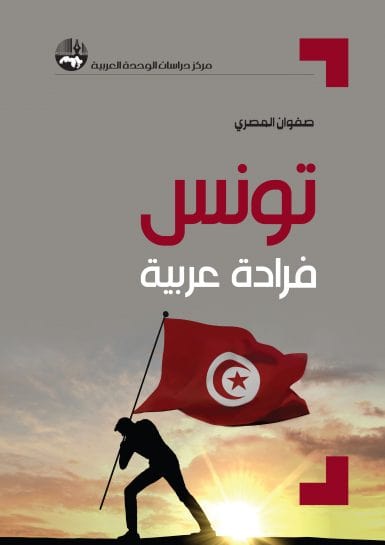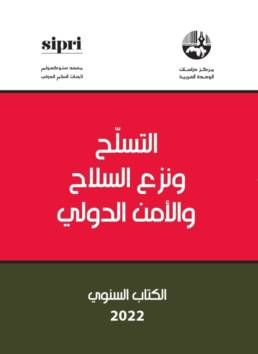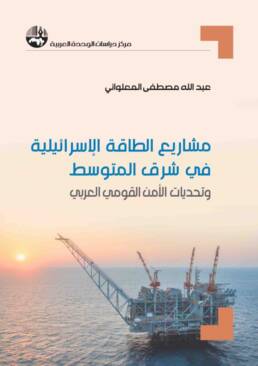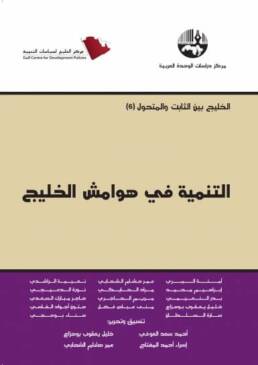Safwan Masri explores the factors that shaped the country’s own experience of political transition. He recounts the long history of reforms Tunisia engaged in areas of education, religion, and women’s rights. Masri contends that the seeds of today’s relatively liberal and democratic society were sown long before the mid-19th century. For him, the Tunisian model cannot be replicated in other Arab countries, for the history of reforms it undertook placed it on a separate path from the rest of the region. The book further explores controversial matters related to the idea of identity, the gelatinous relationship between Islam and society, and the dominant role of religion in shaping educational, social and political agendas in the region. Based on interviews with dozens of experts, leaders, activists and ordinary citizens, and the gathering of a rich body of information, Masri offers a sensitive, and often personal account of the Tunisian experience that is crucial in understanding what makes the country an “anomaly”, distinct from the rest of the Arab world.
Add a review
You must be logged in to post a review.
You May Also Like
Lebanon and al-Taif: A Historical Intersection and a Discontinued Course
Price range: 8 $ through 13 $
Armaments, Disarmament and International Security: Sipri Yearbook 2022
Price range: 14 $ through 22 $
Between Salafism and Terrorism of Takfir: Ideas for Explanation
Price range: 3 $ through 5 $
Israeli Energy Projects in the Eastern Mediterranean and the Arab National Security Challenges
Price range: 10 $ through 11 $
Prophecy and Politics
Price range: 5 $ through 8 $
Development at the Margins of the Gulf
Price range: 7 $ through 11 $
Journey through the Embers Pages from Mounir Shafiq’s Memories
Price range: 10 $ through 16 $








